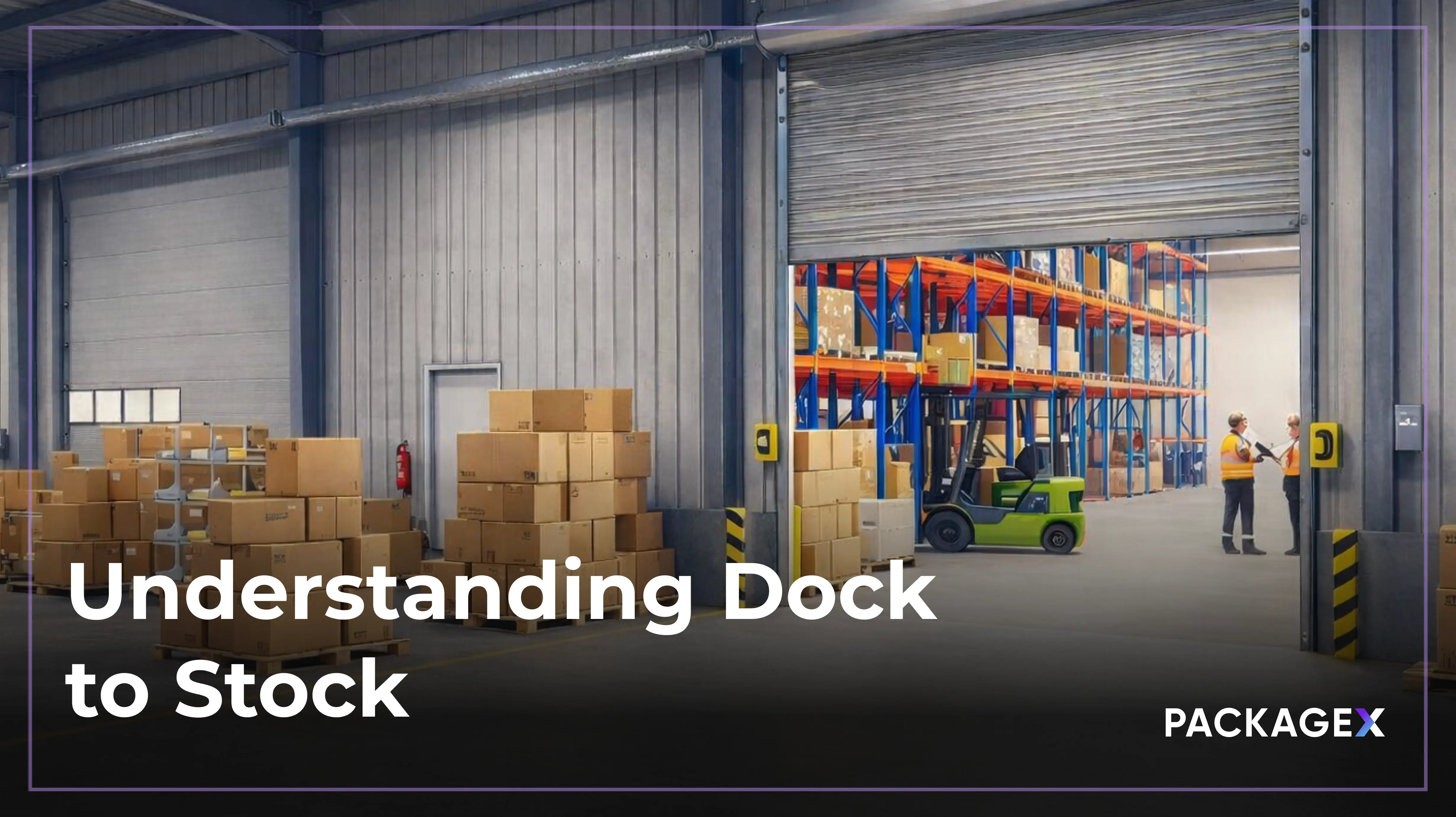Working conditions form the essential core of the paid work and employment relationships. In the most generic terms, working conditions cover a broad horizon of issues from working time, including hours of work, rest periods and work schedules, salary scales, and the physical and mental pressures that are also a considerable part of the workplace environment.
According to a report by the World Bank Group, the pandemic of 2019 is expected to bring a drastic rise in poverty with a rough estimate of 88 million to 115 million people in a year, bringing about the total to about 150 million people by the end of 2021.
Bad working conditions create an atmosphere that affects the productivity of the employees. Unproductive employees tend to be lethargic and de-motivating, which slows down the organization's progress. So, maintaining a favorable work environment at offices or even flexible workspaces has proven beneficial for both the organization and the employees in the long run.
Importance of a Healthy Work Environment
Maintaining a positive and healthy work environment is essential to boost your employees' morale, retention, and, most importantly, their productivity. A healthy work environment gives you and your employees multiple opportunities to share ideas for the company's betterment that can further contribute to your organization's growth.
Contrary to the above, toxic work environments are also seen in multiple organizations that hinder their employees' productivity and contribute to the downfall of various organizations.
Common Work Conditions That Affect Productivity
Working conditions are primarily the demands, the environment, and the circumstances of a job that directly impact its employees' satisfaction and activity of various organizations are usually in a competition that offers attractive conditions to retain good resources for the company.
The most common working conditions that should be taken care of are:
- Hygiene factors
- Health and safety
- Remuneration
- Employee benefits
- Responsibility and accountability
- Workload
- Occupational stress
- Work-life balance
- Commuting and Travel
- Organizational culture
- Performance management
- Job security
Poor Working Conditions
Creating an efficient and comfortable workspace is essential for the office's outlook. The office's outlook significantly boosts employees' morale and makes them more productive. Poor and unfavorable work conditions make your employees lethargic and unmotivated, which hinders the overall growth of your organization. Some of the most common poor working conditions include the following:
- Poorly-lit Spaces
- Inefficient Processes That Hinder Growth
- Uncompetitive Work Culture and Disengaged Employees
- Lack of Innovation and Technology
- Workplace Politics with Unsynchronized Employees
- Poor Workplace Hygiene
- Lack of Concern for Employees' Health and Safety
- Poor Employee Benefits with Low Employee Productivity
- Unreasonable Workloads with Additional Stress and Fatigue
- Lack of Recognition and Achievement on Public Platforms
- Poor Job Security for Growth of the Company
- Unstable and Unpredictable Business Continuity
- Unfair Terms and No Incentives of Employment
- No Remote Work Mindset in the Prevailing Pandemic
- Lack of Vision and Organizational Leadership
1. Poorly-lit Spaces!
Well-lit rooms and office spaces are essential. Rooms with bad lighting can put unnecessary and unwanted stress on the eyes, affecting productivity. Dim lighting can cause tripping and falling hazards, too, which can have devastating effects.
Bad lighting is related to multiple other factors such as eye strain, headaches, and anxiety in more pressuring work environments. As we spend much of the day in artificial lighting, there is evidence that the lack of natural sunlight harms the body and the mind.
2. Inefficient Processes That Hinder Growth
Workplace processes are as important as any other operation of the organization. Therefore, it is crucial to keep evaluating the organization's ongoing processes, which allows you to identify the allowing you to identify further improvement prospects soon for welcoming suggestions that can motivate your coworkers to perform better.
3. Uncompetitive Work Culture and Disengaged Employees
Healthy competition anywhere is one of the fundamental driving forces for employees to perform better. Your company culture directly influences employee engagement and productivity. Much of today's workforce will choose to move on to a new job if the workplace culture doesn't meet their expectations. Just like a bad attitude, negative company culture is contagious. It lowers employee engagement and reduces productivity.
4. Lack of Innovation and Technology
This is probably the only highly essential condition, especially in the present era of COVID-19, when everything has gone online. Every business, every entity (big or small), is digitized and is entirely dependent on smooth and updated technology that always ensures connectivity.
Inefficient technology either for workplace management or mailroom management hurts productivity in a big way. Technology that's slow, outdated, or ineffective is frustrating to use. And over time, that frustration can erode employee satisfaction and even push employees out the door. Therefore, utilize the latest and innovative technology to modernize different operations at your workplace and increase productivity of your employees.
5. Workplace Politics with Unsynchronized Employees
Office politics primarily consolidates as people taking advantage of others using their abilities, social skills, and persuasion in the work environment. Whether the politics originate in the public sphere or between individuals within the office, the harmony and cooperation in the workplace.
Political issues can grow into a complex series of complaints on both sides as employees make free speech claims and managers respond with charges of poor performance and lack of thorough work. This is a dimension of workplace environments that is generally unavoidable.
It should be clear that office politics must be addressed as a management concern. Ultimately, an organization is only as good as the decisions its people make. Anything, including office politics that diminishes or obstructs their ability to make effective decisions, must be remedied for a company to succeed.
6. Poor Workplace Hygiene
A clean and hygienic environment is one of the most important selling points of office space. Especially considering the pandemic times, the bar of hygiene and cleanliness has been kept very high. Shared office spaces and facilities generally tend to quickly spread and transmit these germs, which can harbor high levels of viruses and bacteria.
Poor hygiene standards reduce people's ability to focus on their work and trigger a negative mindset. This can affect productivity and morale. A dirty or untidy office puts off potential clients and hires, too. People gain instant insight into your workplace culture when they step into your premises, and wrong first impressions do nobody any favors.
7. Lack of Concern for Employees' Health and Safety
An employee's health and safety significantly contribute to his well-being. A healthy worker is mostly more productive with his assigned tasks, and better performs them promptly. Similarly, safe environments are also highly essential to give your employees the boost to work more effectively and efficiently.
Poor working conditions involving your health and safety could ultimately lead to you having the right to refuse to work until your employer corrects the situation or until your employer investigates and determines that there are no safety violations.
8. Poor Employee Benefits with Low Employee Productivity
Compensation and workplace benefits are given to employees in return for their services rendered, and it is often the cornerstone of a productive workforce. The quality and performance of your company's talent pool are usually directly dependent on how well you execute your employee benefits strategies. A good package of employee benefits ensures employee retain their position in the organization. Employees will be more inclined to stay in their role, which saves potential expenses related to turnover.
Furthermore, these benefits are also a huge motivating factor for employees to strive for greater heights continuously. It offers them a reason to work hard and keep driving towards achieving the next milestone.
9. Unreasonable Workloads With Additional Stress and Fatigue
Stressing work environments have recently come to the forefront, which is neither concerned with the company's or employee's productivity nor are they beneficial to the organization in the long run. Serious measures need to be taken into consideration to minimize these exhausting work environments so that employees can achieve maximum productivity.
A stressed workforce can have detrimental effects on your organization. Your employees may lose their motivation, engage in conflicts, and have difficulty completing their tasks. Poor mental focus, sleep deprivation, fatigue are all common side effects of work-related stress.
10. Lack of Recognition and Achievement on Public Platforms
Employees feel happy and motivated when they know they matter and, most importantly, their work matters. And employees who are so glad and motivated tend to be more industrious. Amplifying their happiness further through acknowledging their efforts publicly or in person is what recognition is all about. However, employers often confuse recognition with rewards and end up associating it with extra expenses. But praising employees can be as simple as saying a simple "Well done" or "Good Job." An employee works hard to hear these words from their seniors, and you shouldn't hesitate to say them.
11. Poor Job Security for Growth of the Company
Establishing and maintaining employee job security is essentially about the company admitting that it will only be as good as the structure management has implemented. Creating job security goes way beyond establishing a legal contract, and at the center of it is a good relationship between the employer and employees. For an employee, job security means the security of income, which will translate into reduced stress.
Job satisfaction levels decrease when an employee feels threatened by a lack of job security. A worker is filled with feelings of discontent and uncertainty when his future at the company is uncertain, which leads to resentment. When an employee feels threatened by a lack of job security, she may stop putting the necessary effort into completing assignments and interacting with colleagues due to having no future with the organization.
12. Unstable and Unpredictable Business Continuity
Business continuity planning is essential to keep people productive during planned or unplanned disruptions, protect the business from financial losses, damaged reputation, weaken customer and partner relationships, and lose productivity.
Whether planned or unplanned, business disruptions that aren't managed effectively come at a high cost. Lost revenue, missed sales opportunities, and broken service level agreements can have a devastating financial impact. An inadequate response can harm the company's public image and the confidence of its customers and investors.
13. Unfair Terms and No Incentives of Employment
Management matters for the success and profitability of companies. Simple but effective management practices can improve the productivity of companies substantially. Many of these management practices relate to an organization's structure, particularly its workflow and control. But the relationship between managers and workers is also essential. This relationship is characterized by both the wage paid to a worker as an incentive to work hard and the worker's perception that he or she is being treated fairly.
If workers believe that their employer is acting unfairly towards them, this can significantly reduce their performance at work. Unfair behavior towards workers can be costly for the employer, even if the only directly affected workers have quit the firm. This is important for any organization that has to accommodate economic shocks by reducing labor costs.
14. No Remote Work Mindset in the Prevailing Pandemic
During the COVID-19 pandemic, millions of employees worldwide transitioned to remote work. As a result, organization leaders who may have never considered allowing employees to work from home must now evolve their thinking about being productive and measuring and managing productivity from afar.
Furthermore, there are still several employers that are far from accepting this concept of remote working. This mindset needs to be inculcated and accepted as early as possible, especially in these unprecedented times to ensure the smooth running of operations in companies to achieve maximum productivity.
15. Lack of Vision & Organizational Leadership
It is generally said that a unique idea is what forms the core of any successful business. Where that is quite essential, it is the vision and the leadership that builds the idea far more essential to determine the success of that business. An inspired leader who can motivate their team to perform at their full potential is much needed to create an organization where people can achieve remarkable things even with average talent.
The majority of people generally perform only to the minimum acceptable standards. These standards could be perceived standards in their heads or generally accepted standards in the organization. The types of leaders & mentors heavily influence an employee's success and performance, which they can observe and learn from. One of the leader's most important qualities is to motivate the team to perform to their full potential, if not beyond.
Leadership commands an even more significant role in a startup since it is difficult for new businesses to attract the best talent due to limited resources.
{{returns-webinar}}
Frequently Asked Questions Concerning Poor Working Conditions
Here are a few questions concerning poor working conditions:
Q. What Are the Main Causes of Poor Working Conditions?
A. In any given organization, the factors that help prolong poor pay and conditions for workers may include anything from inappropriate retailer purchasing practices to lack of transparency in the supply chain, weak government capacity to implement laws, limited representation of workers, etc.
Q. Can I Sue My Employer for Poor Working Conditions?
A. Your first action when you face some poor working conditions that compromise your safety – or the safety of other people in your workplace – should be to talk to your supervisor. If that supervisor doesn't effectively address your apprehensions, there is no harm in going to a higher authority and talking to your supervisor's boss. When you've gone as high as you can, you may need to speak to Cal/OSHA's enforcement branch. They will investigate the situation.
If a safety hazard doesn't pose an imminent danger, notify your employer of the problem in writing. Your employer is not allowed to retaliate against you for reporting a safety violation. If it does, you could have an entirely different type of lawsuit.
Q. How Do I Report Poor Working Conditions?
A. Under the Occupational Safety and Health Administration Act of 1970, also known as the OSHA Act, employees, and their authorized representatives have the right to file a complaint about severe hazards and request an OSHA official visit to inspect the workplace for safety and health concerns.
Employees, representatives, and anyone else aware of severe health or safety violations in the workplace have three options to file an OSHA complaint, which are as follows:
- Submit online via OSHA's electronic complaint form
- Download a PDF complaint form and fax or mail it to your local OSHA Regional or Area Office
- Call the violation into your local OSHA office
Wrap Up!
Creating an efficient and comfortable workspace is essential for employees, and it significantly contributes to boosting morale and making your employees more productive. Poor and unfavorable work conditions and environment are bound to bring the employees' opposite picture to the forefront. Not only do they make your employees lethargic and unmotivated, but they also hinder the overall growth of your organization.




